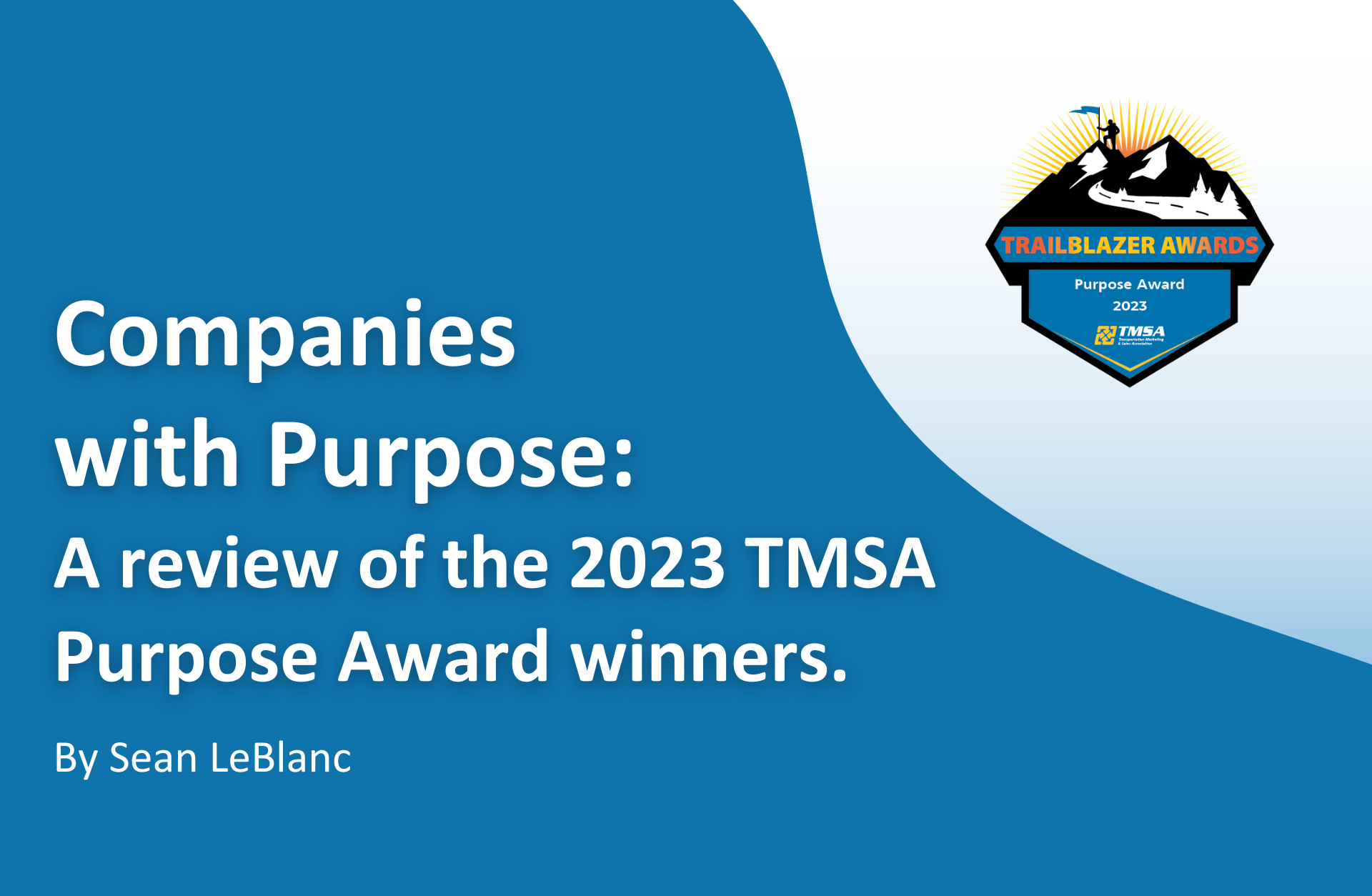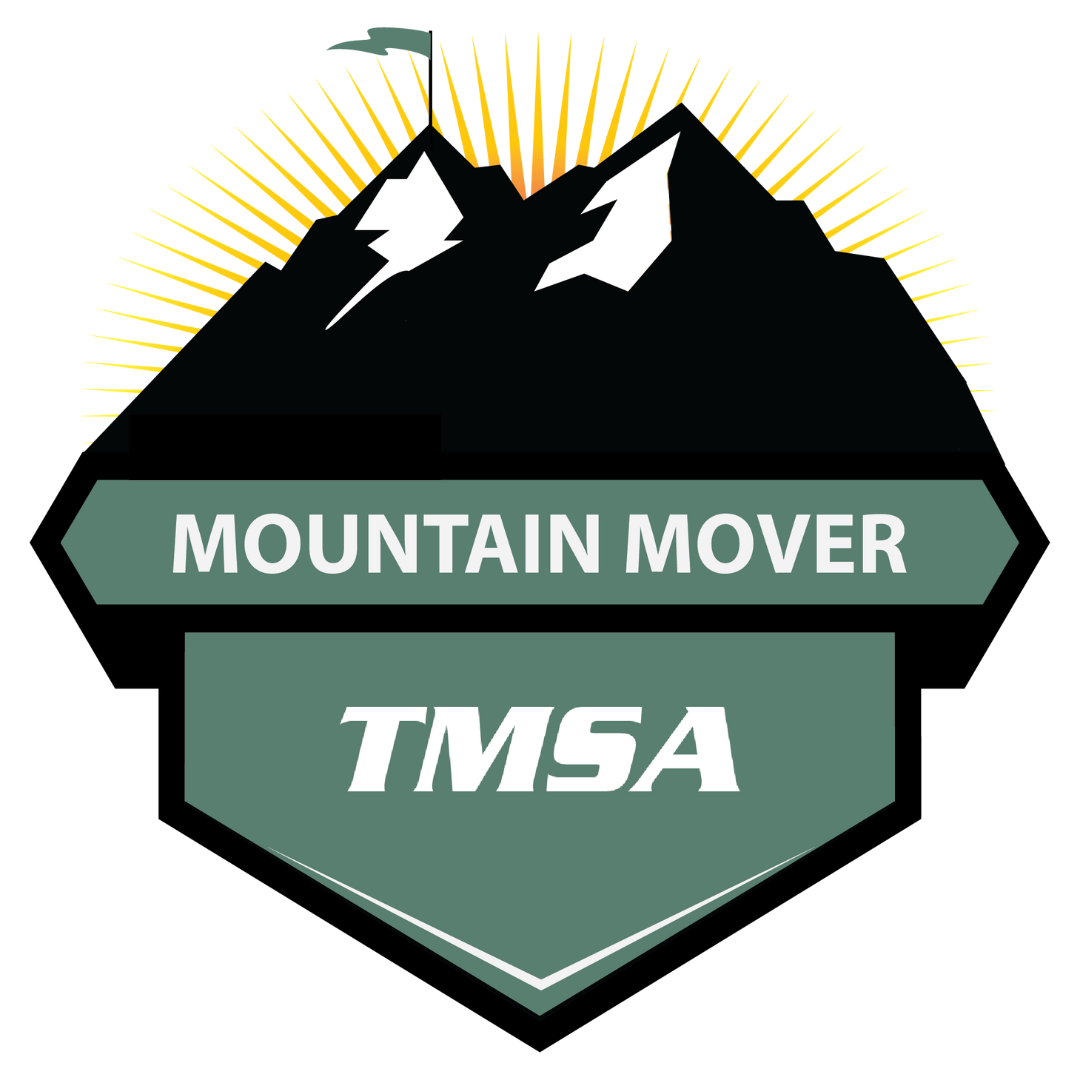Written By: TMSA Staff | Feb 17, 2022 12:00:00 AM

By: Gary Cornelius, VP Business Development, TCW
There is a new landscape in both hiring and retaining talented young professionals today and what is happening is both challenging and exciting. Whether it is administrative, operations, or driving professionals, our employees and prospects expect us to demonstrate the value we can provide them when they join our team. That value can also be elusive because it can mean different things to different individuals. Focusing on the intangible benefits for employees is healthy, though, because it builds confidence in employers for the companies that get it right. Employers who have a visible development plan, facilitate independent growth, communicate effectively and regularly, and meet a healthy expectation of work-life balance will win and retain the talent necessary to fuel growth.
1. Help your employees develop professionally
One of the top ROI’s employees are looking for is how an employer can help them develop and grow. They want to know that they can advance in both capacity and income by investing themselves in the company they join. This creates accountability for us, as employers, to structure and facilitate effective training in ways we haven’t in past years. Simply putting them with our best operators and expecting them to learn what they need is focused only on the value to the company and does not provide mutual value. This expectation should motivate companies to use the best of both their own expertise and outsourced training to develop a plan that meets the needs and expectations of both the company and employee. Creating this “Win–Win” in training will instill confidence in the talent we both have and are hiring that we can provide value in their growth.
2. Increase communication
We have harped on how important communication is forever, then left the majority of internal communication up to an employee’s direct manager. I hope you’re ready to change this model and increase availability both laterally and vertically because this is another area that today’s employees expect more of us. Having a plan to consistently review an employee’s performance, their growth progress, and how that is impacting the company’s productivity should be another area of accountability and improvement to create retention. Employees want candid input about their development and how their performance is impacting both their peers and company. They also deserve recognition and rewards as they progress in their development, perform at levels that warrant it, and contribute positively to productivity. Annual or semi-annual reviews need to be supported by structured monthly discussions of these areas.
3. Prioritize work-life balance
Is your work-life balance important to you? Do you want to make sure you perform your job, yet do it in a manner that allows effective time with your family or doing the recreational things you enjoy? These are areas important to managers of all levels, yet are often not prioritized when thinking of others. We also have tools we wouldn’t have considered in the past to help facilitate better balance. What can we do with flexible work schedules? What about a hybrid combination of remote and in-office time? How can we better engage our team members individually and independently while driving to achieve team or department expected result? Finding answers to these questions positions us, as managers, to facilitate a better work-life balance while still meeting expectations corporately.
The landscape has changed and that’s not all bad! We have an opportunity to change ourselves and our companies to be more accountable in areas important to both our current and prospective employees. The individuals and companies best able to do this, while balancing it with expected levels of performance and contribution, will find themselves winning in both attracting and retaining the top talent available in our field.
Gary Cornelius is the Vice President of Business Development of TCW, Inc. He has been with TCW a total of 16 years, with his current tenure starting in 2013. Gary is a 36-year veteran of the transportation industry, beginning in intermodal drayage, spending many years in domestic long-haul transportation and then returning to TCW in 2013 to assume an executive management role that led to his current role. His experience is in both Sales and Operations, with his passion being in Sales and Sales leadership. Gary led TCW through a structure change in 2016 to create their first Sales Team and Department, focusing on selecting and growing the right team members to be the face of the company in the marketplace.
TCW VP Business Development Gary Cornelius is leading a TMSA webinar on Thursday, Feb. 24 at 1 p.m. EST entitled, “Can My Team Perform Without Me?”
Tags: Strategy

The TMSA Purpose Awards recognize companies in the transportation and logistics industries that positively contribute to their communities and the planet. Each year's submissions tell stories of...

Annual awards celebrate industry professionals who unite, grow and advance the transportation and logistics community through innovation and dedication. CHICAGO (October 23, 2025)- The Transportation...